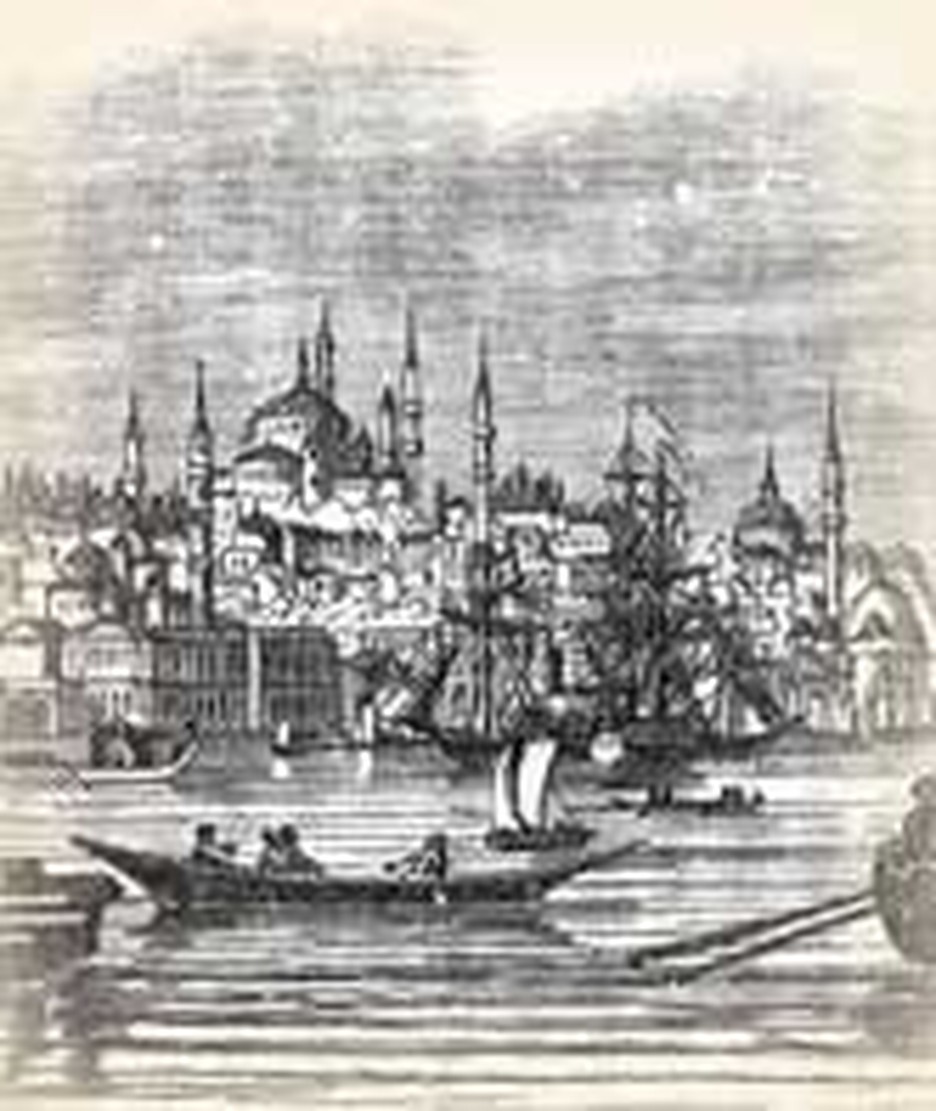
Pope Agatho was troubled. "Believe your most humble [servant], my most Christian lords and sons, that I am pouring forth these prayers with my tears," he wrote the emperor and eastern bishops. The year was 680. The cause of his distress was a dangerous heresy.
Agatho's concern led him to practical steps. He called a synod at Rome to condemn the teachings of the heretics. He then dispatched a lengthy letter to Constantinople, which was then the seat of the Roman Empire.
The upshot was that a council of the church was called to deal with the latest attack on Christ. The sixth general council of the church convened on this day, November 7, 680 in Constantinople. The patriarchs of Constantinople and Antioch were present as was Emperor Constantine Pogonatus. Rome, Alexandria and Jerusalem sent representatives. The council dealt with one issue only, the heretical teaching called monothelitism.
Monothelitism effectively denied Christ's humanity, claiming that he had only one will--the divine. It arose as an attempt to unify the orthodox and monophysite factions of the church in face of rising danger from Persia and Islam in the east. Several notable church leaders had signed onto this error, including an earlier pope, Honorius, and the previous emperor, Constans II.
In eighteen sessions that took the better part of a year, the council grappled with the issue. In the end, the assembled bishops left no doubt where they stood regarding the writings of the heretics and the heretics themselves: "...we find that these documents are quite foreign to the apostolic dogmas, to the declarations of the holy Councils, and to all the accepted Fathers, and that they follow the false teachings of the heretics; therefore we entirely reject them, and execrate them as hurtful to the soul. But the names of those men whose doctrines we execrate must also be thrust forth from the holy Church of God..."
The council further declared "...our Lord Jesus Christ must be confessed to be very God and very man, one of the holy and consubstantial and life-giving Trinity, perfect in Deity and perfect in humanity, very God and very man, of a reasonable soul and human body subsisting; consubstantial with the Father as touching his Godhead and consubstantial with us as touching his manhood...the peculiarities of neither nature being lost by the union but rather the proprieties of each nature being preserved, concurring in one Person and in one subsistence, not parted or divided into two persons but one and the same only-begotten Son of God, the Word, our Lord Jesus Christ...we likewise declare that in him are two natural wills..."
Bibliography:
- Bellitto, Christopher M. The General Councils : a History of the Twenty-one General Councils from Nicaea to Vatican II. New York : Paulist Press, 2002.
- "General Councils." The Catholic Encyclopedia. New York: Robert Appleton, 1914.
- Guitton, Jean. Great Heresies and Church Councils. [English translation by F.D. Wieck] New York: Harper & Row, 1965.
- Jedin, Hubert. Ecumenical Councils of the Catholic Church. Herder and Herder, 1960.
- Raab, Clement. The Twenty Ecumenical Councils of the Catholic Church. Westminster, Maryland: Newman Press, 1959.
- Wirth, Ulbrecht. Der Balkan. Stuttgart: Union Deutsch Berlagsgefellschaft, 1914.
Last updated April, 2007.



